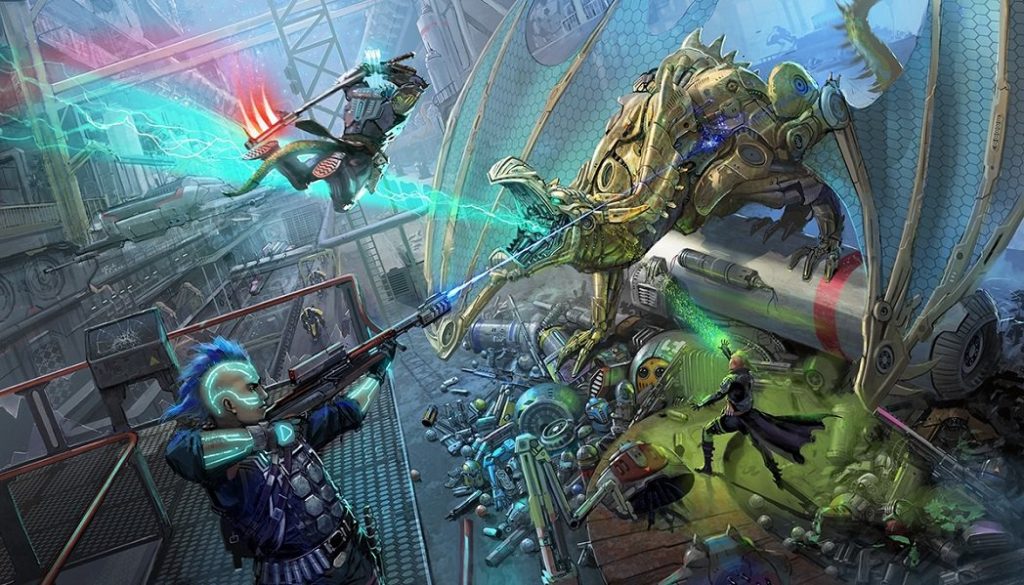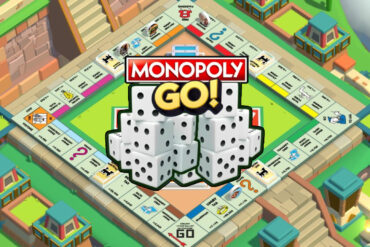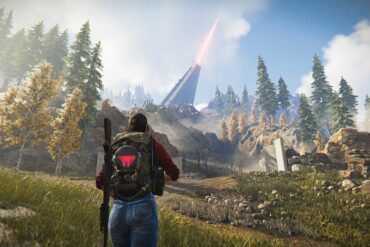Role-Playing Games are entering a new golden age. Pick-up games at conventions and gaming stores are growing more and more common. Adventure League and Path/Starfinder Society games are quite popular for a quick pick-up game, but if you’re like me, you enjoy that satisfaction of a long-running campaign that upon conclusion makes you want to dive in for more. But, much like a movie or book, the players should know what they are jumping into, what they are likely to experience. This is a discussion that all the players should have at the start before the first die is rolled and the first character created. In my campaigns, I like to get a few items sorted; schedule, tone, system, content and limits.

Schedule
Does the group plan to meet once per week? What day and time? This should be often enough that players remember what happened session-to-session, but not every night that it starts to burn the players out and feel like a chore. How long is each session intended to last? 4 to 6 hours is a fairly common length, and what I personally enjoy. However, I do support longer sessions for, particularly climactic moments. A Shadowrun group had been planning a heist for 3 years (real-time, meeting weekly, even on holidays and around life events) and the session planned for the big climax took nearly an entire weekend. Kudos to them, but you don’t have to do this.
Tone
The selected system plays a lot into this, a Warhammer game with be gritty and visceral, encouraging players to act out gruesome scenes. A Tails of Equestria game, on the other hand, discourages violent conflict and encourages critical thinking and compromise. Otherwise, is the overall tone supposed to encourage players to be heroes saving the world, or do they serve a sinister purpose? Some players enjoy playing the darker side of mortality, and some do not. It’s important to inform this ahead of time.

System
You have to hammer out the rules. What game are you playing and are you using any changes? Warhammer Wrath and Glory uses a turn based system where the Players’ elect one character to act, then the GM chooses one of their enemies to act. Does the GM choose to ignore that rule in favor of traditional initiative and turn-order rules? Of course, all participants need to remember the cardinal rule that the goal of the game is for all players to have fun above all else, and that it is not players vs. Game Master.
Content and Limits
Content and Limits is particularly important in a pick-up game environment. Not all players will enjoy acting out mature topics. While romance may pop-up from time to time, the GM may not wish to act out or narrate a one-night-stand. Additionally, and especially in horror games, talk with your players beforehand; are there any off-topic subjects, particular fears or traumas they wish to avoid. Again, I ran a Wrath and Glory module at a convention that involved horrific flashbacks for the Player Characters. Prior to starting, I informed my players that this is to be a horror module and asked if there was anything people were uncomfortable with; and four hours later, we all sat back, turned up the lights and laughed.
If you have a regular group of friends; this list may not be as important, but as our games move to online sessions with strangers on Roll20 and Table Top Simulator, it is important to remember that the voice on the other side of your screen is a real person with a life outside of the game.
The goal of this on-going series is to improve all of our RPG and Table-Top gaming experiences with anything from miniatures to world-, dungeon-, and character-building toolkits. Alan has been DMing/GMing for over 10+ years, and painting for 2 years.







